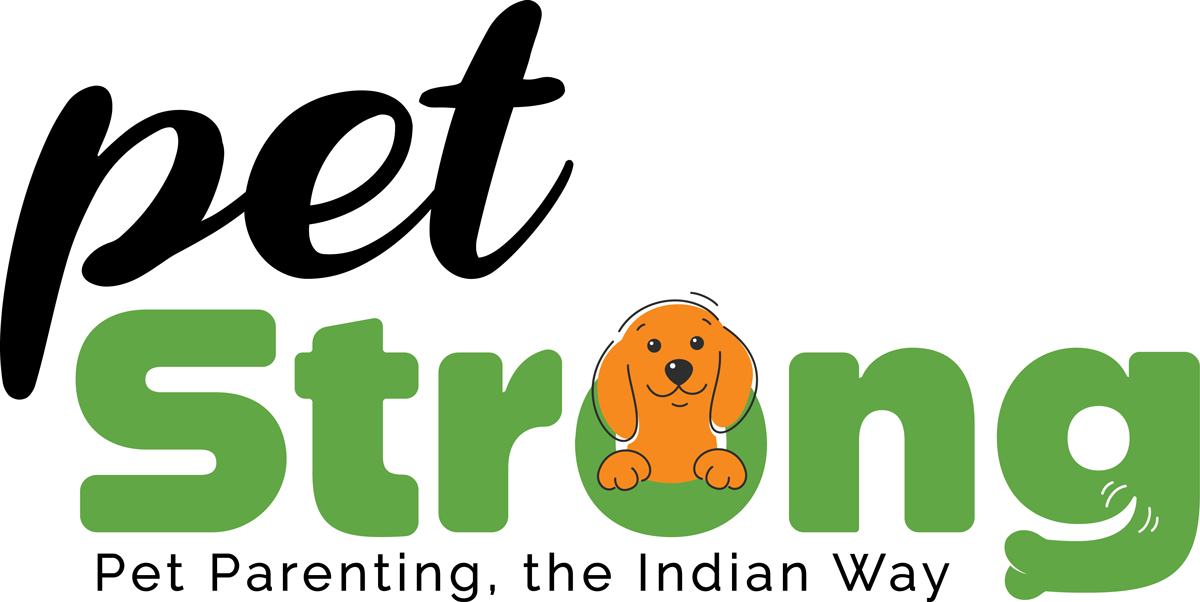Beagle - Curious, Friendly, Energetic:
- Social (10/10): Highly social and friendly, Beagles are great with families, children, and other pets.
- Intelligence (7/10): Smart but independent; Beagles are trainable with patience and persistence.
- Protection (5/10): Not natural guard dogs, but their sharp sense of smell and bark make them good watchdogs
- Height: Males and Females: 13 to 15 inches
- Weight: Males and Females: 9 to 13 kg
- Life Expectancy: 12 to 15 years
About Beagle
Beagles are small to medium-sized dogs known for their boundless energy, curiosity, and love for adventure. Originally bred for hunting, their exceptional sense of smell and strong tracking instincts make them great for outdoor activities. Beagles are pack animals by nature, which means they thrive on companionship, whether with humans or other dogs. Their friendly and playful nature makes them ideal family pets, especially for households with children. Beagles have a reputation for being mischievous and can get into trouble if not adequately exercised or mentally stimulated. However, with the right care and training, they can be loyal, loving, and endlessly entertaining companions.
Beagle Diet
Beagles are active dogs with a hearty appetite, but they are prone to obesity if their diet isn’t properly controlled. A balanced diet rich in lean proteins, healthy fats, and carbohydrates is crucial to support their high energy levels. Given their love for food, it’s essential to measure portions carefully and avoid overfeeding, which can lead to weight gain and related health issues. Be mindful of treats and avoid feeding table scraps, especially foods like chocolate, onions, and grapes, which are toxic to dogs. It’s best to feed them twice a day to help regulate their metabolism and maintain a healthy weight.
Beagle Diseases to Look Out For
Epilepsy
Dietary Interventions
Epilepsy is common in Beagles, and while medication is key, a diet rich in antioxidants and omega-3 fatty acids may help reduce seizure frequency. Consult your vet about incorporating these into their diet.
Hypothyroidism
Dietary Interventions
Hypothyroidism can lead to weight gain and lethargy. Feeding Beagles a diet that’s low in fat and rich in lean proteins, along with regular exercise, can help manage this condition. Consult your vet for specific dietary adjustments.
Hip Dysplasia
Dietary Interventions
While more common in large breeds, Beagles can develop hip dysplasia. Maintaining a healthy weight is crucial to avoid putting stress on their joints. A diet rich in glucosamine and chondroitin can help support joint health as they age.
Beagle Wellness
Grooming Tips
- Beagles have a short coat that is easy to maintain, but they do shed, so brushing them weekly helps keep shedding under control.
- Beagles are prone to ear infections due to their floppy ears, so cleaning their ears regularly is essential to prevent wax buildup and infections.
- Their nails grow quickly, so trimming them regularly is important to avoid discomfort.
- Bathing as needed will keep them clean, but too much bathing can strip their natural oils, so only bathe them when necessary.
Beagle Supplements and Wellness
- Fish oil: Omega-3 supplements can help maintain a shiny coat and support brain and joint health, especially for active Beagles.
- Glucosamine and chondroitin: These supplements promote joint health and can be especially beneficial as Beagles age or if they develop hip or joint issues.
- Probiotics: These aid in digestion and can help regulate the Beagle’s gut health, especially if they have a sensitive stomach.
- Regular exercise: Beagles are active dogs that need daily exercise to stay healthy and mentally stimulated. Activities like long walks, playtime in the yard, or even scent-tracking games will help satisfy their need for activity and exploration.
Explore the best gravy food for your Beagle:








